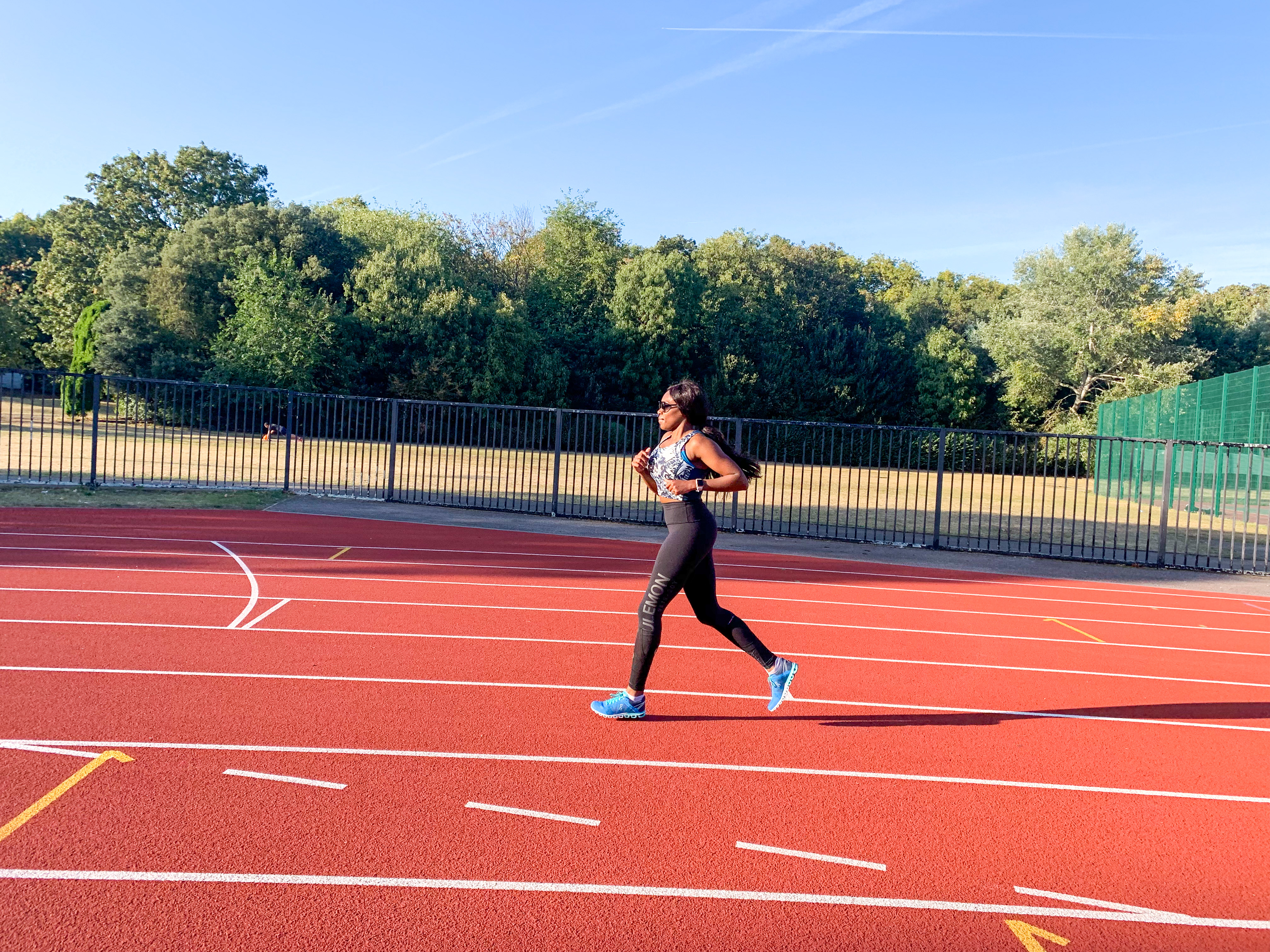Part of the beauty of running is that it isn't a complicated sport. Generally wherever you are, you can lace up your running shoes and head out of the door for a run. You don't even need a coach to get started or to improve, so with that in mind we've put together some tips on how to coach yourself to running success.
1. Become a student of the sport
The best coaches are those who are open and receptive to new ideas and never stop learning. You should make it your mission to become a student of the sport. Read as much as possible and talk to other runners about training for your event. Take the ideas and principles that you like and apply them to your training.
2. Run with your head and not your heart
This is easier said than done! If you want to coach yourself successfully then you need to make smart and sensible decisions about your training, and these can often be the hardest decisions to make. As runners we often have a desire to keep going and ignore common sense when we are ill or have a niggle. If you are faced with a difficult decision ask yourself; "What advice would I give somebody else in this situation?" If the advice conflicts with your own thoughts then you are thinking with your heart and not your head.
3. Learn to listen to your body
The human body is incredibly effective at giving you signs or indications that you need to slow down and rest up. It's perfectly normal to feel tired and have the odd ache or pain when you are training. However, if these signs persist for several days or more then it's time to pay attention to what your body is telling you. A good way to monitor how you are feeling is to keep a training diary and to use a 'traffic light' system. Put a green dot on the days that you feel really good in training. Use an orange dot for those days that you feel okay and a red dot for those where you feel really tired or run down. If you have three or more red dots in a row then you should take a few days of rest and review your training.
4. Be flexible
A training schedule is always a guideline and shouldn't be set in stone. The beauty of coaching yourself is that you have greater flexibility with your training programme than you do if you are training with a large group. Make sure that you design your programme around your lifestyle and other commitments. If you have a particularly busy day at work for example, then you should schedule an easier day of training. If you are feeling tired, then schedule some extra easy days before your next hard workout. Remember, a good training schedule is one that is constantly evolving.
5. Don't underestimate the value of consistency
It's all too easy to be sucked into a "more is better" attitude, and let's be honest big workouts and lots of miles sound 'sexy' in running terms! However, many runners fail to realise the value of consistency of training. Twelve weeks of solid, but not spectacular, uninterrupted training is far more likely to produce good results than two weeks of sensational training, followed by ten weeks of injury. The best way to achieve good consistency is to train smarter, not harder. Ensure that you take regular rest days and don't be tempted by monster workouts.
6. Periodise
Very few of the world's best runners are in great shape all year round, as physiologically this is almost impossible to do. In order to hit peak performance you need to gradually build up your training, with it becoming more specific as your key race approaches.
The best way to structure your training with peak performance in mind is to periodise your year. This means breaking the year into smaller chunks (maybe two to three months) and focusing on different components of training in each one. This ensures that your training is both varied and balanced and gives your body time to adapt to maximise all those important fitness gains. For example, after running a spring marathon you could schedule a recovery block, followed by a block focusing on 5k or 3.1 mile training, followed by a block preparing for an autumn marathon.














